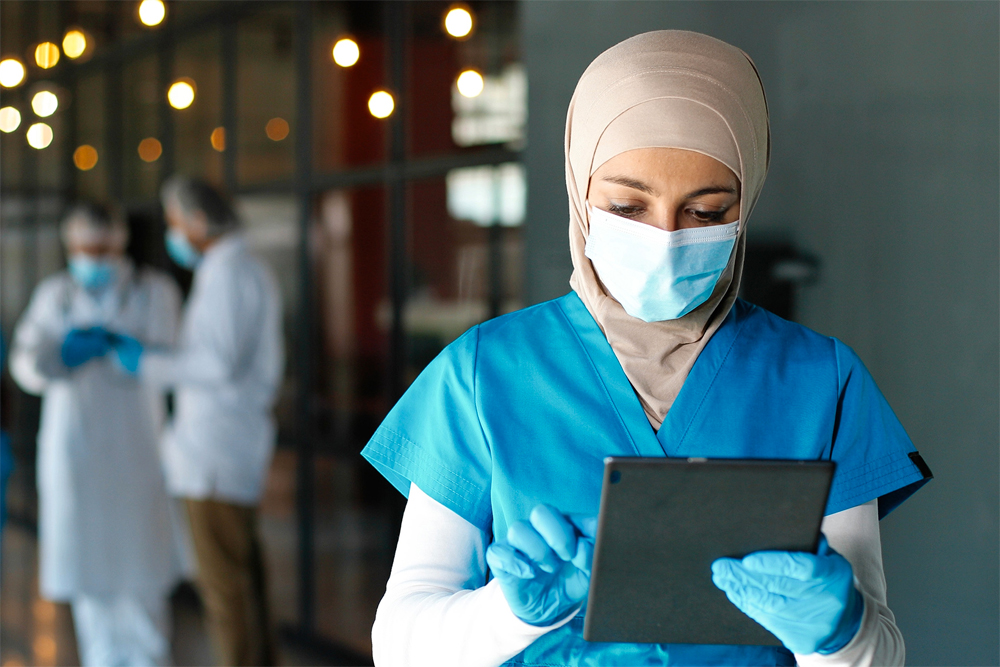
This week, on Human Rights Day 2021, the Independent Permanent Human Rights Commission (IPHRC), part of the Organization of Islamic Cooperation (OIC), joined the international community in prioritizing inclusive policies regarding COVID-19 recovery efforts. This coincided with Human Rights Day with the commission marking the occasion with the theme “Reducing Inequalities, Advancing Human Rights.” The IPHRC sent out this timely call to implement such policies in efforts aimed at mitigating the effects of the coronavirus across the globe, highlighting the importance of equality, inclusivity, and non-discrimination.
Saudi photographer @TasneemAlSultan tells captivating tales that challenge gender stereotypes of the Arab region.
— About Her (@AboutHerOFCL) December 12, 2021
In this interview, she talks to us about the art storytelling, shooting in a changing Saudi landscape, and tips for aspiring photographers. https://t.co/zbJqBoYQ9G
In an official statement published on its website, the IPHRC commented on the effects felt by the COVID-19 pandemic, saying that it “proved that the world needs structural changes to efficiently eradicate inequalities beyond the ambitious political narratives that fail to inspire real action.” It also stated that recovery efforts should not only be guided by the “simple need to address the damages inflicted by the pandemic, but to transform the structures that could not protect the vulnerable during the crisis.”
Ten statements from Sheikh Mohammed Al-Issa on Islamophobia, transparent dialogue, and the importance of good communication:https://t.co/6HZYFpeGP2
— About Her (@AboutHerOFCL) December 25, 2019
Human Rights Day simultaneously marks the adoption of the Universal Declaration of Human Rights (UDHR), in 1948, with the aim to promote equality worldwide. With the COVID-19 pandemic, however, economic slowdowns and rising poverty have become rampant, which has resulted in increased inequality and shifting political landscapes. In fact, globally, women, the elderly, and low-income workers were among the people who were hit the hardest, with $171 billion in economic damage in 2020 alone. In addition, public services such as schools, healthcare, and infrastructures were affected by austerities in several countries.
Sundus Abdulhadi became a university student in Canada at a time when fear and Islamophobia were on the rise. Struggling to connect, her desire to break all stereotypes about Iraq would pave the path she’d take as an artist.https://t.co/KO4he0UPnN
— About Her (@AboutHerOFCL) September 21, 2021
Hence, the IPHRC is urging governments across the globe to adopt “human rights-based approaches in all recovery efforts” from the ongoing pandemic for achieving the Sustainable Development Goals, as well as build fairer, equitable and just socio-economic systems. According to UN.org, the agenda was established to help people overcome poverty and hunger while addressing economic challenges worldwide. This also involves implementation of the agenda through a revitalized Global Partnership for Sustainable Development, which includes partnerships at global, regional, national, and local levels.

















